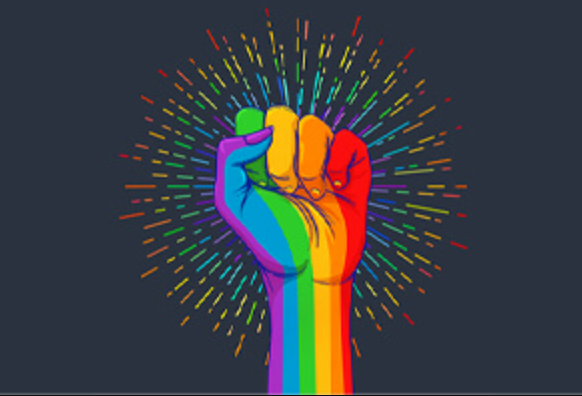Go on any modern entertainment source and it will usually be saturated with a mixture of topics: comedy, informational, romance, games, etc, all of which are topics that have been commonly present for a good chunk of humankind, from comedic plays by Shakespeare to Edgar Allan Poe’s depressing poetry. Yet, one genre has stuck out from the rest. If you go to Spotify podcasts, a separate category will exist by itself: true crime. On Apple Podcasts (part of iTunes), the top 4 recommended options are all true crime podcasts. Large YouTube channels like Rotten Mango and what used to be Buzzfeed Unsolved dominate for you pages. The striking difference between Sssniperwolf reacting to TikToks on the left and an hour long deep dive explanation on the Zodiac Killer on the same page is quite the jarring sight. But what is it with this rise of true crime? Why are modern consumers so interested in such dark and twisted truths?
This morbid interest in crimes has always existed in humanity. Records exist from the 1600s of clergymen and priests telling the masses of the wrongdoings of criminals in order to deter them from a life of sin. Public executions have existed since the Late Middle Ages, with large crowds watching criminals get killed in an assortment of ways. The desire to know why such a terrible crime was committed, who did it, and more is part of what makes us human. That’s why unsolved mysteries have so much attention and dedication placed on them: we want to know the truth. The only change since then has been that access to more cases and the global influence of the internet have allowed for more people to delve deep into the topic.
The influence of true crime has also majorly changed how the world views crime as well. Murders become desensitized and dramatic, and the process of handling sensitive topics linked with people’s trauma and past become careless. Those affected by the crime, or those who are believed to be linked to it, get harassed for details as fans try to snoop to discover who the real culprit was. When Netflix asked those close to a murdered victim for statements for a documentary, they were reported by The Times to have “pleaded with the producers to abandon the project, saying it was inhumane to sell a documentary at the emotional expense of a grieving family.” The ready availability of true crime has also been linked to a growing lack of empathy. Studies have analyzed the effects of constantly witnessing death, and results from the Harvard Business School show that there is a trend of desensitization with the increased exposure to death.
true crime is becoming more and more popular, and it doesn’t seem like it will be stopping anytime soon. While consuming true crime is a way to be more aware of what is happening in the environment around you, making sure to limit and control the amount of true crime in your life is also needed.
Sources:
Chan, Melissa. “‘Real People Keep Getting Re-Traumatized.’ The Human Cost of Binge-Watching true crime Series.” Time, Time, 24 Apr. 2020, time.com/5825475/true-crime-victim-families/.
“Execution in the Middle Ages.” Sky HISTORY TV Channel, www.history.co.uk/shows/britains-bloodiest-dynasty/execution-in-the-middle-ages. Accessed 19 Sept. 2024.
https://iconscout.com/es/free-illustration/lady-podcasting-con-microfono-smartphone-2183071

















![Teacher [Milk] Tea: Part 2](https://bisvquill.com/wp-content/uploads/2024/03/Screen-Shot-2024-03-19-at-9.28.48-PM.png)



































